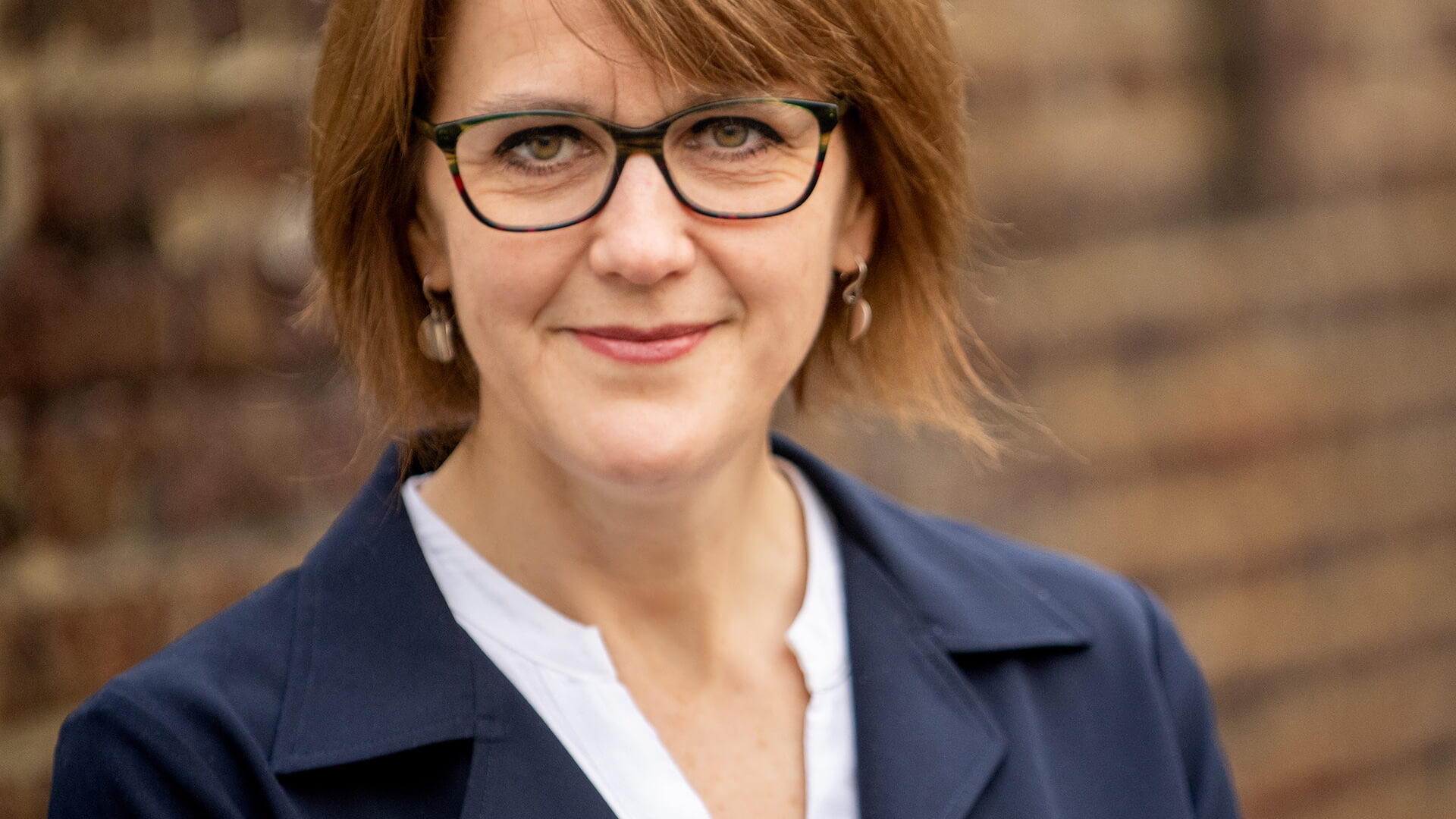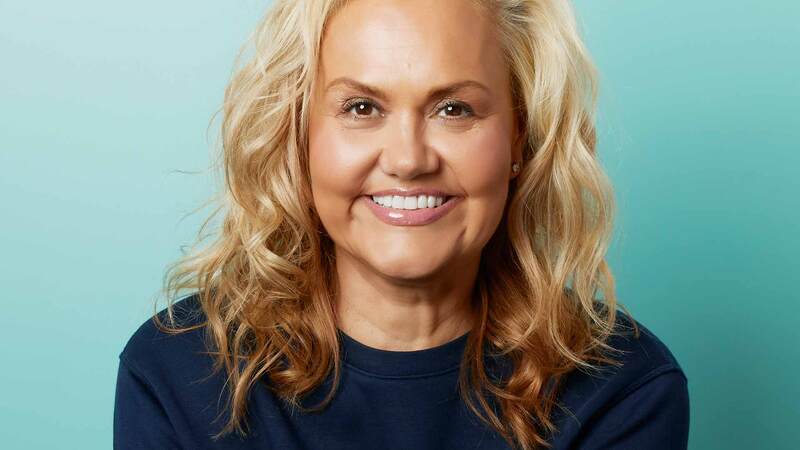You are viewing your 1 free article this month. Login to read more articles.
Bookselling has an 'inclusive culture', but must improve representation from minority groups
Bookselling in the UK has an inclusive culture, according to over half (58%) of respondents to the Booksellers Association’s (BA) Membership Workforce Survey. The vast majority of booksellers also reported feeling included and respected in a work environment where they can be their authentic selves.
The survey took place between October 2023 and early January 2024, collecting data from 275 booksellers from 158 bookshops, representing a significantly better turnout that last year.
“Now in its second year, the BA’s Membership Workforce Survey is essential in our journey towards diversifying bookselling and attracting and representing booksellers from all demographics and communities," said Meryl Halls, managing director at the Booksellers Association. "Once again run in partnership with EA Inclusion, this information will help us assess and approach issues around barriers of access and representation, so that careers in bookselling are open to people of the widest possible range of backgrounds as well as ensuring booksellers already in the industry can thrive."
The number of booksellers who identified as a gender different from the sex they were assigned at birth was up 1% from last year to 8%. This is relatively high percentage as this group represents 1% of the general population, according to census data. However, this number was the same for respondents identifying as being from ethnic minority groups – 8% from 7% the previous year – which is less representative, as ethnic minorities make up 18% of the population.
Women make up the majority of the bookselling workforce, but numbers are down from the previous year – with 68% of respondents identifying as female today compared to 71% in 2022.
People with disabilities and long-term health conditions comprise 28% of respondents this year, compared with 18% of the population, while 24% identified as neurodiverse – also up from the population figure, which is 15%, according to ACAS. Moreover, almost a third (32%) of the booksellers said they are experiencing mental health issues, while Mind reports that this number is closer to one in six in the general population.
Bookselling continues to be an attractive second career for professionals from a range of backgrounds, with 64% of respondents saying that they had professional backgrounds – up from 59% in 2022 and compared to 37% of the population, according to the Social Mobility Commission. Finally, 13% of respondents said that they attended an independent of fee-paying school, compared to what the Sutton Trust and Social Mobility Commission says is 7% of the population.
"From this year’s statistics, we can continue to take pride that bookselling remains a de facto safe space for many demographics, from LGBTQ booksellers, to those with neurodiverse conditions or disabilities, long-term health or mental health conditions," Halls said. "It is positive to see that the overall bookselling industry culture is perceived by even more booksellers as an inclusive sector, but we must make better steps in improving the representation of booksellers from minority groups continue to make progress on our commitments to diversity and inclusion”.
Ben Runcorn, operations director at EA Inclusion, added: “It is great to see the BA running this Diversity Survey again, and we were really pleased to see participation, in both the number of individuals and bookshops taking part, increase significantly this year (+49% and +36% respectively). As a result, we have a more accurate understanding of the broad diversity of those working in bookselling and their perceptions around inclusion, belonging, respect, and being their authentic self at work.
"The change in the number of respondents makes direct comparisons to the previous survey somewhat challenging, however key themes in representation remain clear. Some of these are really positive and show the sector as a welcoming and inclusive space in which to work (such as, the representation of those who identify as LGBTQ, have disabilities or long-term health conditions, or are neurodivergent), whereas others show there are potential barriers for some groups of people (e.g. ethnic minority groups or those from lower socioeconomic backgrounds)."


















